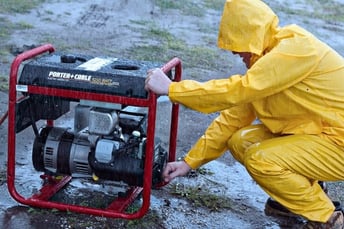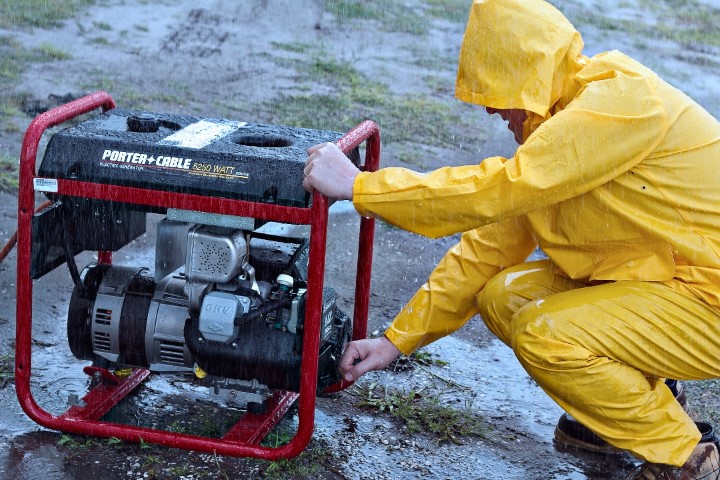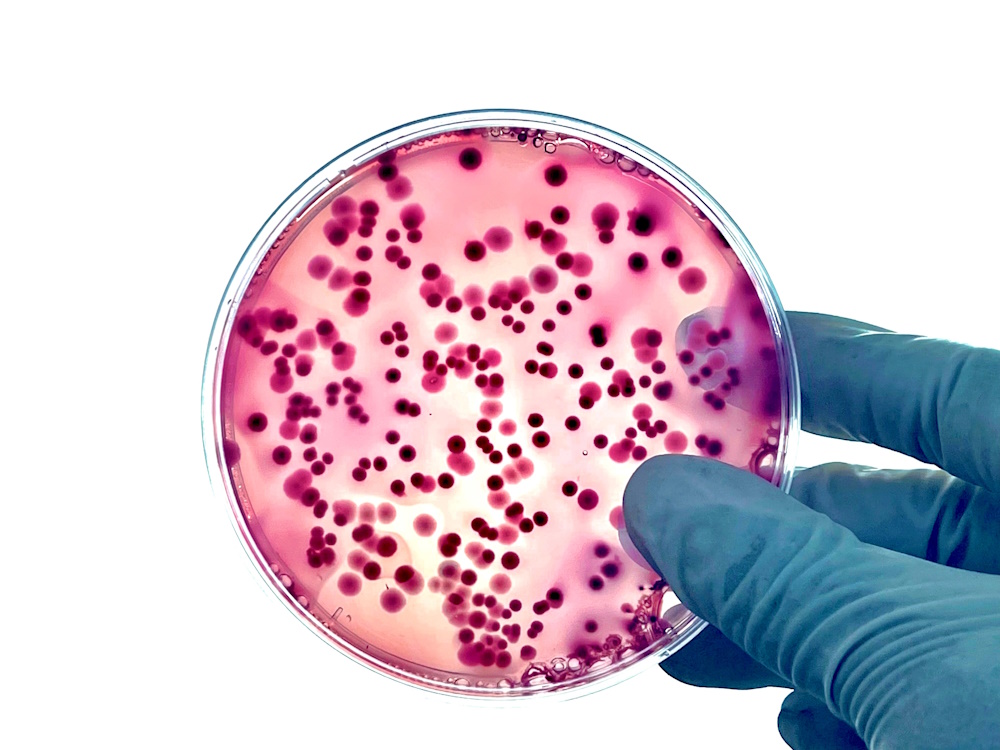Storing Your Generator For Future Use
Generators are one of those things where you hope you never have to use them. But when it comes time, you’re glad you have one. If you have a...

Generator gas tends to be out-of-sight-out-of-mind. We don’t care about it until there’s a real possibility that we’ll have to fire the generator up, as with Hurricane Irma here in Florida earlier in 2017.
So the question inevitably gets asked. You think you should make sure your generator is ready for action. It’s been filled with gas for the whole year. That, or you have a gas can full of gas that was left over from last year.
You ask yourself “can I use last year’s gas in my generator?”
I know, not very informative or satisfying to begin with. But that just means the answer is really it depends.
 What Does It Depend On?
What Does It Depend On?With gasoline, whether you can use year-old fuel depends on whether it has manifested any of several problems. If it’s regular E10 commercial gasoline that you’d commonly find at the gas station, then the most important thing is whether it has undergone phase separation. You may recall that phase separation is the phenomenon when the ethanol in the gasoline separates and sinks to the bottom of the tank due to too much water absorption.
Phase-separated fuel is pretty much done for. Sure, there are bogus fuel additives out there that claim to repair phase separation in gasoline. But they’re pretty much not worth the money. You’re better off not using the fuel than wasting money on things like that.
If you’ve dodged the bullet on phase separation (and that would be a big if when the fuel is from last year), then you’d just need to make sure the gasoline hasn't darkened and stratified. If the color is off, that means the gasoline has oxidized and is forming gums, varnishes and deposits in the fuel. If you use that fuel in your generator, you’re likely to leave harmful deposits in the combustion areas of the generator motor.
From the standpoint of both phase separation and gasoline fuel darkening, you’re far more likely to avoid these issues (and have viable gasoline fuel sitting around from last year) if you treat the fuel when you first get it. This is especially important if you want to prevent phase separation.
Treat the fuel with a good ethanol fuel stabilizer that has a non-alcoholic phase separation inhibitor along with a quality PIB or PEA fuel detergent package. The quality treatment choices out there in the marketplace that address both of these issues will usually also have a gasoline antioxidant package included. Adding all three of these in one treatment formulation will give you the best chance of still having viable, problem-free gasoline for your generator next year.

Generators are one of those things where you hope you never have to use them. But when it comes time, you’re glad you have one. If you have a...

Generator owners all want one thing from their unit - for it to run on-demand, all the time. Since generators are, by and large, high quality...

It's going to be the first nice weekend, therefore, it might be time to take your small equipment and lawn equipment out of storage for the spring...